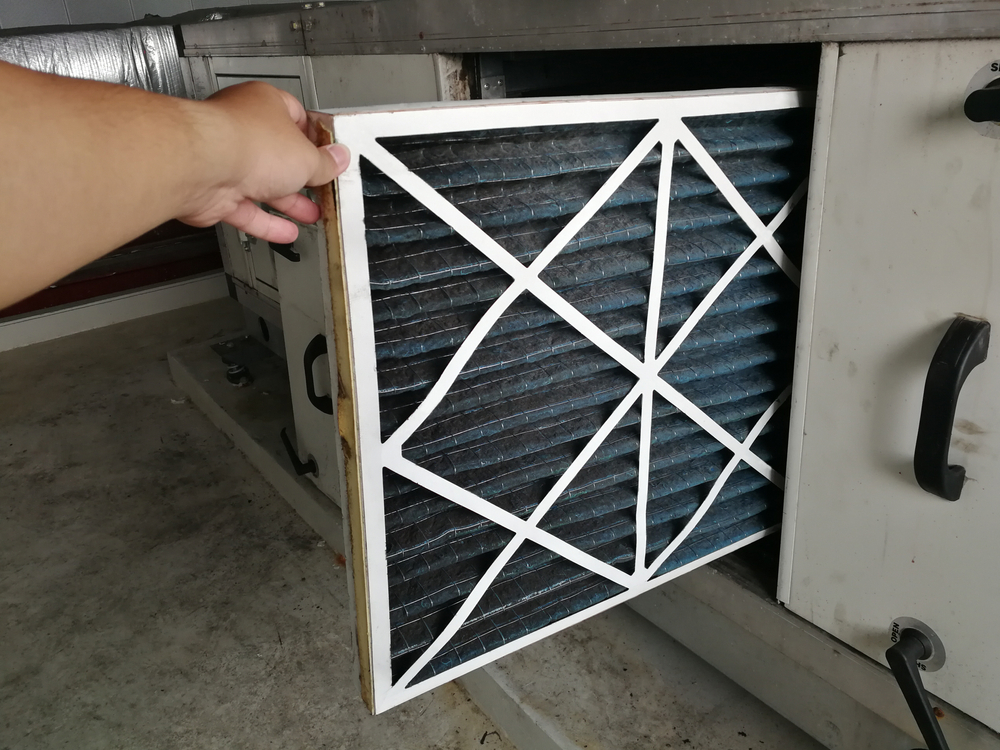Understanding Your HVAC Filter Options

Choosing HVAC filters for your home can be overwhelming. With so many options and different ratings, it’s hard to know which one is best for you. However, once you gain a basic understanding of the ratings and filter options, choosing a filter will be a piece of cake. Having the proper air filters for your home is very important. Not only do they impact your health and indoor comfort, air filters affect your entire unit’s performance. Take a look at our guide to understanding your HVAC filter options and how to choose the right one for your home.
How Air Filters Work
Your HVAC filter’s primary function is to capture different particulates and contaminants in the air that circulate through your heating and cooling system. These contaminants can include mold, pollen, hair, animal fur, bacteria, dust, dirt, lint, fibers, and metal, plastic or wood particles. The air is filtered through the air filter and the contaminants are trapped, no longer able to be recirculated into the air you breathe.
Particulate Matter and Microns
It’s important that the HVAC filters in your home are strong enough to capture the type and size of contaminants or particles that are dirtying your home. “Particulate matter” refers to the particles floating in your indoor air, and “microns” is the metric used to measure particulate matter. For example, if you have pets or if you smoke inside your home, you’ll need a stronger HVAC filter to reach the same level of indoor air quality as someone who doesn’t have these things in their home.
MERV Ratings
MERV stands for minimum efficiency reporting value and is the standard rating system used by the HVAC industry. MERV ratings range from one to 20, but for residential uses, you only need to be familiar with MERV ratings from one to 16. The higher the number, the more efficient the HVAC filters are, and the better they can remove material from the air.
MERV 1-4: Basic filtration; low cost filters
MERV 6-8: Good filtration and typically used in residential settings
MERV 9-12: Filters with relatively high efficiency
MERV 13-16: Highest efficiency, best standard filters available
MRP Ratings
MRP stands for microparticle performance rating, and it was created by the manufacturer 3M. It rates filters on the ability to capture airborne particles smaller than 1 micron. The best filters have an MRP between 1,500 and 1,900. Although there are higher MRP levels, note that it’s not encouraged to use full-strength HVAC air filters. Use the air filter that is required for your individual home needs, as using filters that are too strong results in higher energy spending, resistance in air flow and lesser heating and air conditioning.
FPR Ratings
FPR is the rating system The Home Depot uses and it stands for filter performance rating. The ratings start at 4 and end at 10, with filters rated 4 being good filters and filters rated 10 being premium filters. This rating is only used by THe Home Depot and only applies to brands of HVAC air filters they carry in their stores.
We hope this gave you a good understanding of HVAC filter options and their ratings. If you have any questions about your filter, filter replacement, or the options available to you, please contact us today and we will be happy to help.
